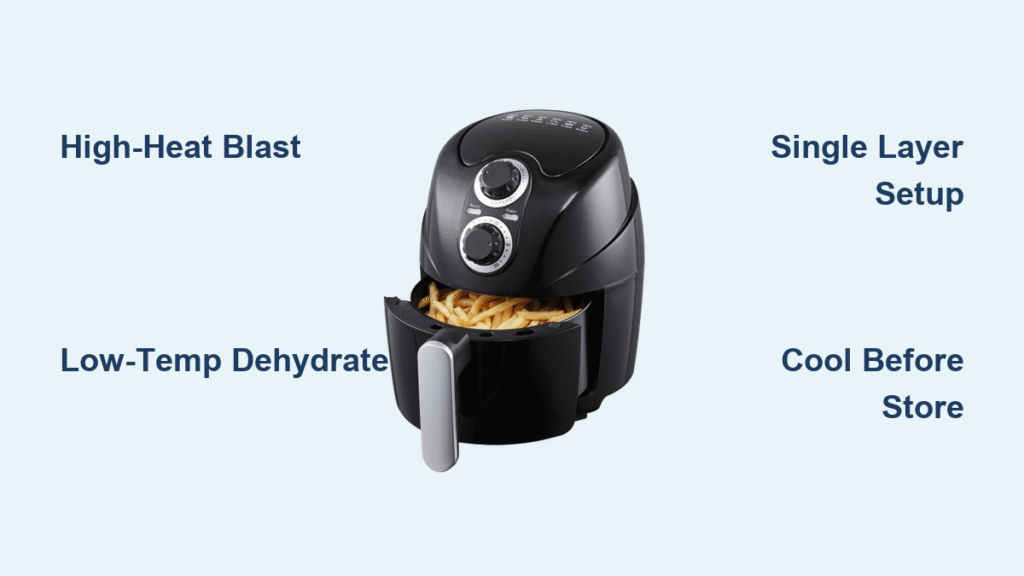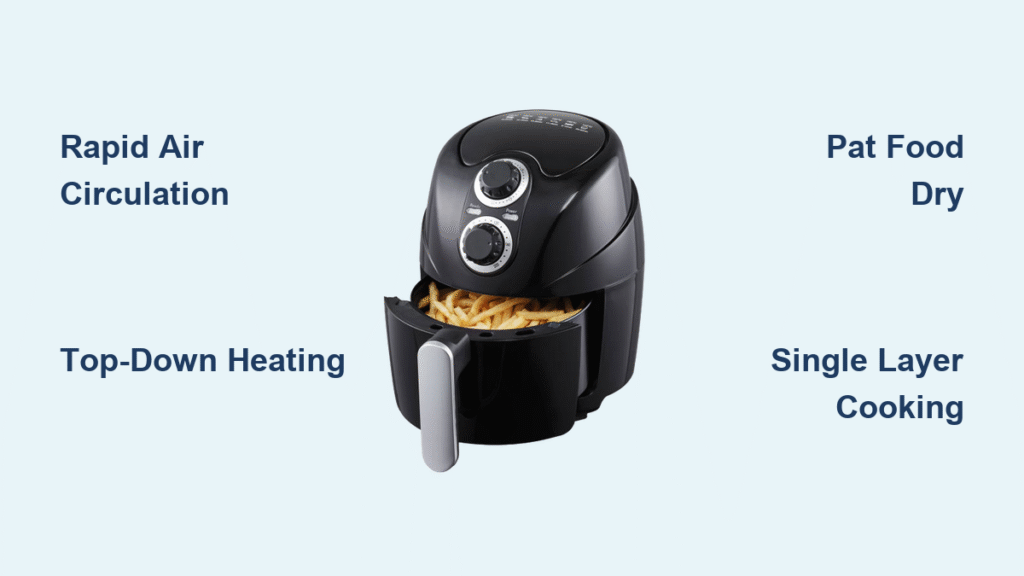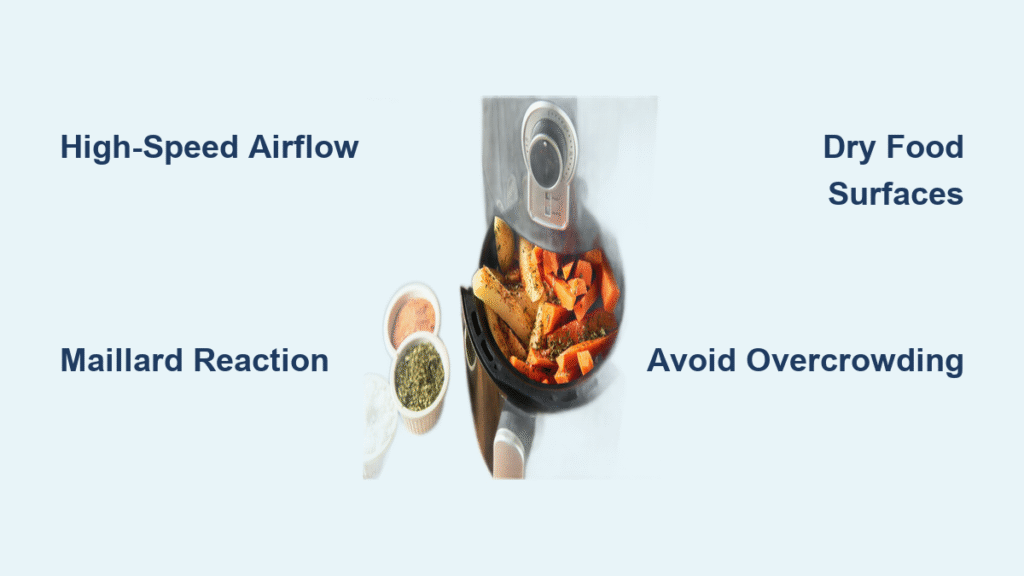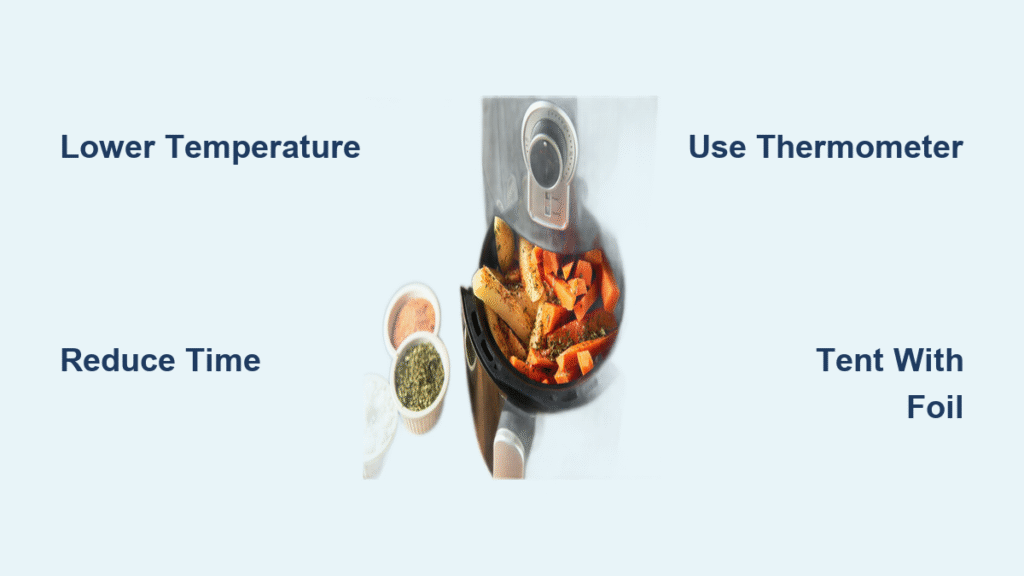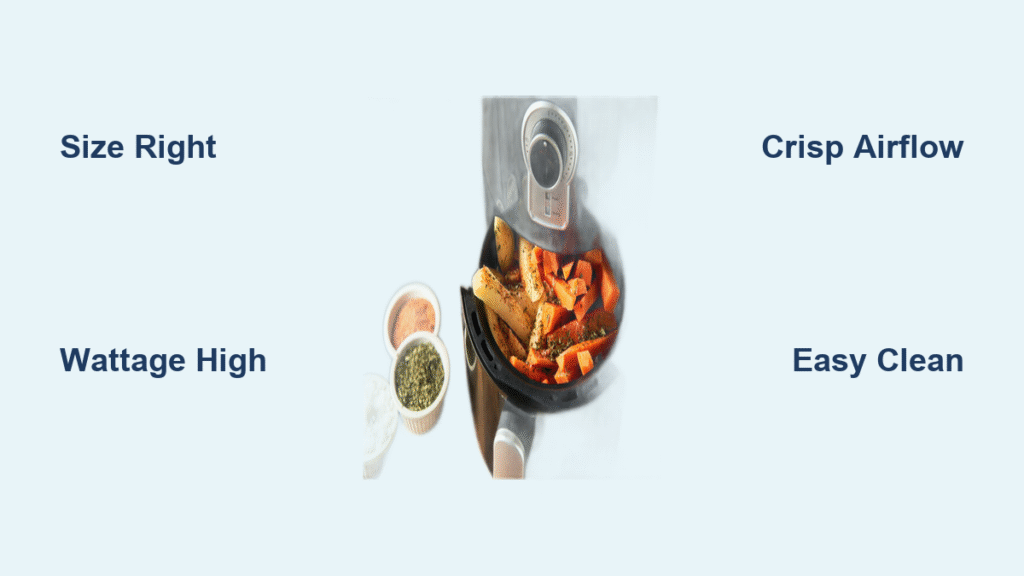That vibrant bunch of parsley wilting in your crisper drawer? Don’t toss it—transform it into potent dried herb in minutes using your air fryer. While most people reach for this countertop appliance for crispy fries or roasted veggies, it’s actually a powerhouse for herb preservation. Forget waiting weeks for air-drying or heating up your entire kitchen with the oven. With two foolproof air fryer techniques—one taking just 2 minutes and another preserving maximum flavor over 3-4 hours—you’ll get restaurant-quality dried parsley that outshines store-bought versions. Whether you’re salvaging last week’s grocery haul or preserving a garden surplus, this guide delivers professional results with zero guesswork.
Fresh parsley loses flavor rapidly when stored conventionally, but air-fryer drying locks in color, aroma, and nutrients better than any traditional method. You’ll avoid the bitter, browned results common with oven drying while using half the energy of a standard dehydrator. By the end of this guide, you’ll know exactly how to dry parsley in air fryer settings for immediate cooking needs or long-term storage—plus troubleshoot common pitfalls before they ruin your batch. Let’s turn that fading herb into a year-round flavor booster.
Pick Your Air Fryer Drying Strategy
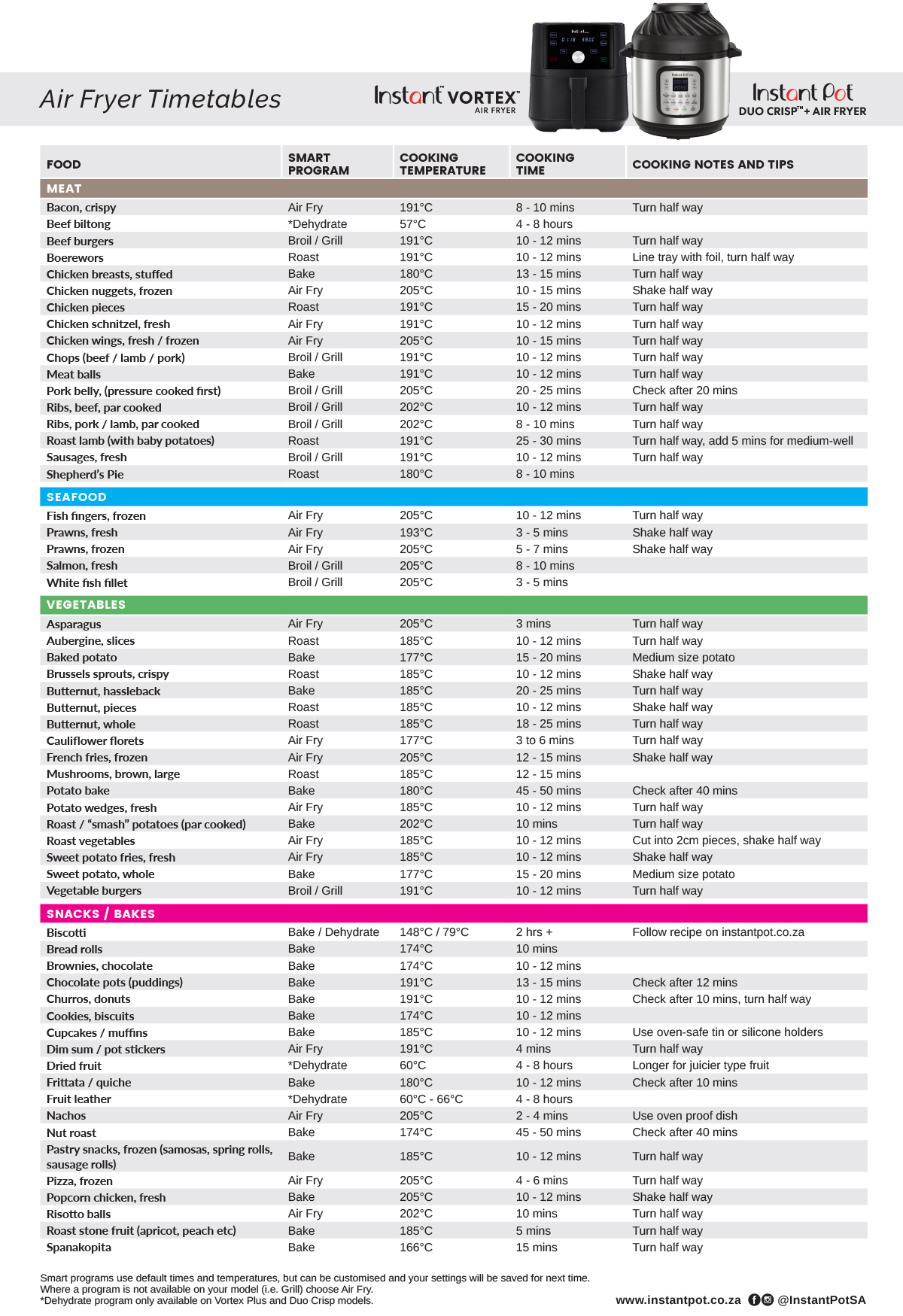
High-Heat Blast vs. Low-Temperature Dehydration
Your air fryer offers two distinct paths to perfect dried parsley, each with specific strengths. The high-heat quick-dry method (350-360°F) evaporates moisture in 2-4 minutes—ideal when you need dried parsley tonight for soup or sauce. The low-heat dehydration method (130-135°F) takes 3-4 hours but preserves vibrant green color and essential oils for long-term storage.
Choose high-heat when:
– You need dried parsley within minutes
– Processing small batches under 1 cup fresh parsley
– Your air fryer lacks precise low-temperature control
Opt for low-heat when:
– Preserving maximum color and flavor intensity matters
– Drying large harvests or garden surplus
– Planning storage beyond 6 months
Critical Temperature Thresholds
Check your air fryer’s capabilities before starting:
– Dehydrate function: Set to 130-135°F for optimal results
– Manual control models: Must reach 130°F minimum for true dehydration
– Standard models: Use 350-360°F range for quick-dry method only
Pro Tip: Models like the Ninja Foodi dual-drawer achieve perfect quick-dry results in 2½-3 minutes at 360°F. If your unit doesn’t go below 175°F, stick with the high-heat method—attempting dehydration at higher temps will burn delicate parsley leaves.
Set Up for Zero-Fail Drying

Must-Have Accessories
Skip these tools and risk flying leaves or uneven drying:
– Metal rack or trivet: Prevents lightweight parsley from hitting the heating element during convection cycles. A standard oven cooling rack fits most baskets.
– Silicone bands or twine: Bundle stems if no rack is available—never use rubber bands (they melt at high temps).
– Glass storage jars: Mason jars with rubber seals preserve potency for 2-3 years versus plastic containers that absorb odors.
Air Fryer Basket Prep
Arrange parsley in a single layer covering no more than 60% of the basket floor. Overcrowding traps humidity, causing mold-prone damp spots. For multi-level baskets, place muslin bags over herbs to contain leaf scatter while allowing airflow. Always preheat for high-heat drying (2-3 minutes at 360°F) but skip preheating for low-temperature dehydration.
Prep Parsley Like a Pro
Wash and Dry Thoroughly
Start with crisp, unwilted parsley—both curly and flat-leaf varieties work equally well. Rinse under cool running water, gently swishing to dislodge hidden pests and soil. Critical mistake alert: Skipping thorough drying causes steam pockets that lead to uneven results. After spinning in a salad spinner, pat leaves with paper towels until they feel completely dry to the touch. Any moisture left on leaves doubles drying time and risks spoilage.
Trim for Maximum Efficiency
Remove thick, woody stem bases that won’t dry properly, but leave thinner stems attached—they add flavor and make handling easier. Cut sprigs to 3-4 inches to fit your basket. Never strip leaves for low-heat dehydration (they’ll scatter); only remove leaves for high-heat drying if processing small quantities.
Execute the Quick-Dry Method (2-4 Minutes)
Step-by-Step High-Heat Process
Temperature: 350-360°F
Time: 2-4 minutes total
- Preheat air fryer to 360°F for 2-3 minutes
- Arrange parsley in single layer—never stack leaves
- Secure with rack or tied bundles to prevent uplift
- Air-fry for 2 minutes, then check dryness
- Continue in 30-second bursts until leaves crumble easily
- Cool 5 minutes on parchment before stripping leaves
Watch closely: At 90 seconds, check for leaf crispness. Over-drying creates bitter blackened edges that ruin the entire batch. Stop when stems snap cleanly.
Perfect Dryness Visual Cues
- Done: Leaves fracture instantly between fingers
- Under-dried: Bend without breaking (return to basket for 30 seconds)
- Over-dried: Brown/black edges with acrid smell (discard batch)
Energy note: This method uses just $0.03 in electricity versus $0.25+ for oven drying.
Master Low-Heat Dehydration (3-4 Hours)
Gentle Temperature Technique
Temperature: 130-135°F
Time: 3-4 hours
- Arrange parsley in single layer across basket
- Cover with rack or muslin bag (essential for multi-level models)
- Set to dehydrate function at 135°F
- Dry for 3 hours, then test crumbliness
- Rotate trays halfway through for even drying
- Cool 15 minutes before storage
Moisture alert: In humid climates, extend drying by 30-60 minutes. High-moisture herbs like basil may need 4-5 hours at this temperature.
Energy Efficiency Advantage
Low-heat dehydration uses ≈1 kWh for 4 hours—half the energy of oven drying ($0.12 vs $0.48 per batch). Standalone dehydrators use similar energy but require extra counter space.
Verify Complete Dryness Before Storage
The Crumble Test
Properly dried parsley disintegrates into powder when pinched. Any bend or leatheriness indicates trapped moisture that causes mold. Critical step: Squeeze a leaf between thumb and forefinger—it should shatter immediately, not flex.
Batch Size Limits
Process no more than 2-3 loosely packed cups of fresh parsley per cycle. Overloaded baskets reduce to just 2-3 tablespoons dried herb but create uneven results. For larger harvests, run back-to-back batches—the entire process takes under 15 minutes active time.
Store for Year-Long Freshness
Container Selection Secrets
Best containers: Glass mason jars or spice jars with rubber-sealed lids. Plastic containers absorb volatile oils, degrading flavor within months. Never seal warm herbs—condensation inside jars causes mold. Cool completely on parchment paper before transferring.
Ideal Storage Conditions
- Location: Dark pantry away from stove or sink
- Temperature: Below 70°F (warmer temps accelerate flavor loss)
- Humidity: Avoid cabinet above dishwasher
Shelf life: Whole leaves retain peak flavor for 2-3 years; crushed parsley lasts 1-2 years. Label jars with dehydration date—discard if you detect musty odors or visible mold.
Fix Common Drying Problems
Leaves Flying into Heating Element
Cause: Convection airflow lifting lightweight herbs
Solution: Use metal rack or bundle stems with silicone bands
Brown, Blackened Tips
Cause: Temperature too high or over-drying
Solution: Reduce heat by 25°F; check every 30 seconds after 2 minutes
Musty Smell in Storage
Cause: Incomplete drying or poor container seal
Solution: Return to air fryer for 30-minute refresh cycle at 135°F
Pro Tip: For uneven drying, spread parsley in thinner layers and verify surface moisture is fully removed before starting.
Dry Other Herbs with Same Settings
Herb Compatibility Guide
- Quick-dry success: Oregano, thyme, rosemary (use 2-4 minute method)
- Low-heat perfect: Basil, mint (add 30-60 minutes to 3-4 hour cycle)
- Direct swaps: Dill, chives, tarragon (follow identical steps)
Note: Woody-stemmed herbs like rosemary require stem removal before drying, while basil benefits from leaving small stems intact.
Final Air Fryer Drying Workflow
Quick-dry path: Wash → dry → preheat → load → 2-4 minutes → cool → strip → store
Dehydration path: Wash → dry → arrange → 3-4 hours → test → cool → store
Active time: 5-10 minutes (quick-dry) or 15 minutes (dehydration)
Yield: 1 cup fresh parsley = 1-2 tablespoons dried
Transform that fading parsley into vibrant, intensely flavored dried herb tonight. Once you taste the difference between air-fryer-dried and store-bought versions, you’ll never waste fresh herbs again. Your air fryer isn’t just for crispy snacks—it’s your secret weapon for year-round flavor preservation. Start drying parsley in air fryer settings tonight and taste the garden-fresh difference in your next dish.

